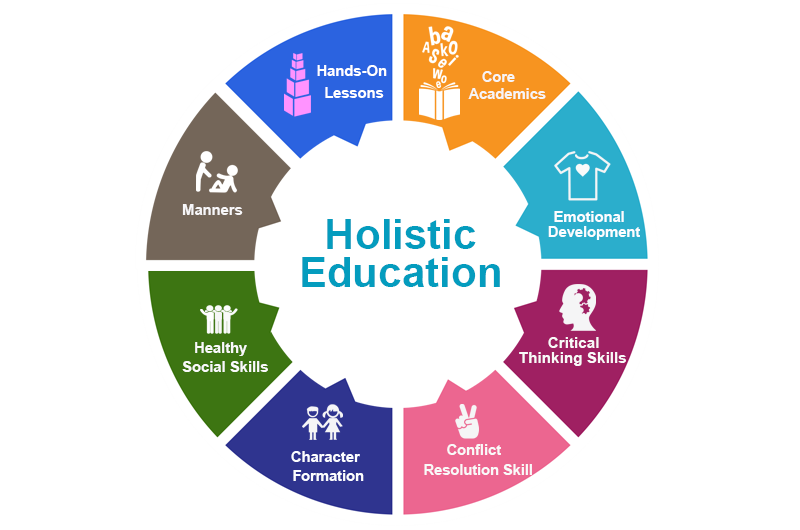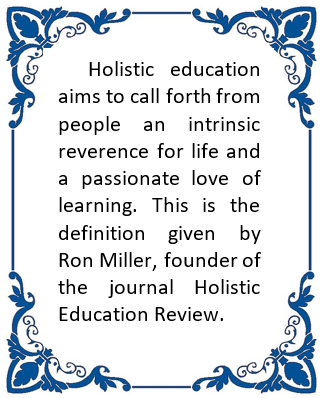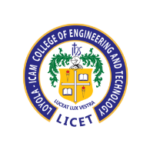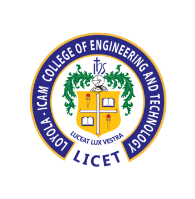Holistic Education
Holistic Education
Holistic education is a philosophy of education based on the premise that each person finds identity, meaning, and purpose in life through connections to the community, to the natural world, and to spiritual values such as compassion and peace. The term holistic education is often used to refer to the more democratic and humanistic types of alternative education. Robin Ann Martin (2003) describes this further by stating, “At its most general level, what distinguishes holistic education from other forms of education are its goals, its attention to experiential learning, and the significance that it places on relationships and primary human values within the learning environment.”
The concept of holism refers to the idea that all the properties of a given system in any field of study cannot be determined or explained by the sum of its component parts. Instead, the system as a whole determines how its parts behave. A holistic way of thinking tries to encompass and integrate multiple layers of meaning and experience rather than defining human possibilities narrowly. The purpose of holistic education is to prepare students to meet the challenges of living as well as academics. Holistic education believes it is important for young people to learn:
- About themselves.
- About healthy relationships and pro-social behavior.
- Social development.
- Emotional development.
- Resilience.
- To see beauty, have awe, experience transcendence, and appreciate some sense of “truths.”


Holistic education is a philosophy of education based on the premise that each person finds identity, meaning, and purpose in life through connections to the community, to the natural world, and to spiritual values such as compassion and peace. The term holistic education is often used to refer to the more democratic and humanistic types of alternative education. Robin Ann Martin (2003) describes this further by stating, “At its most general level, what distinguishes holistic education from other forms of education are its goals, its attention to experiential learning, and the significance that it places on relationships and primary human values within the learning environment.”
The concept of holism refers to the idea that all the properties of a given system in any field of study cannot be determined or explained by the sum of its component parts. Instead, the system as a whole determines how its parts behave. A holistic way of thinking tries to encompass and integrate multiple layers of meaning and experience rather than defining human possibilities narrowly. The purpose of holistic education is to prepare students to meet the challenges of living as well as academics. Holistic education believes it is important for young people to learn:
- About themselves.
- About healthy relationships and pro-social behavior.
- Social development.
- Emotional development.
- Resilience.
- To see beauty, have awe, experience transcendence, and appreciate some sense of “truths.”





